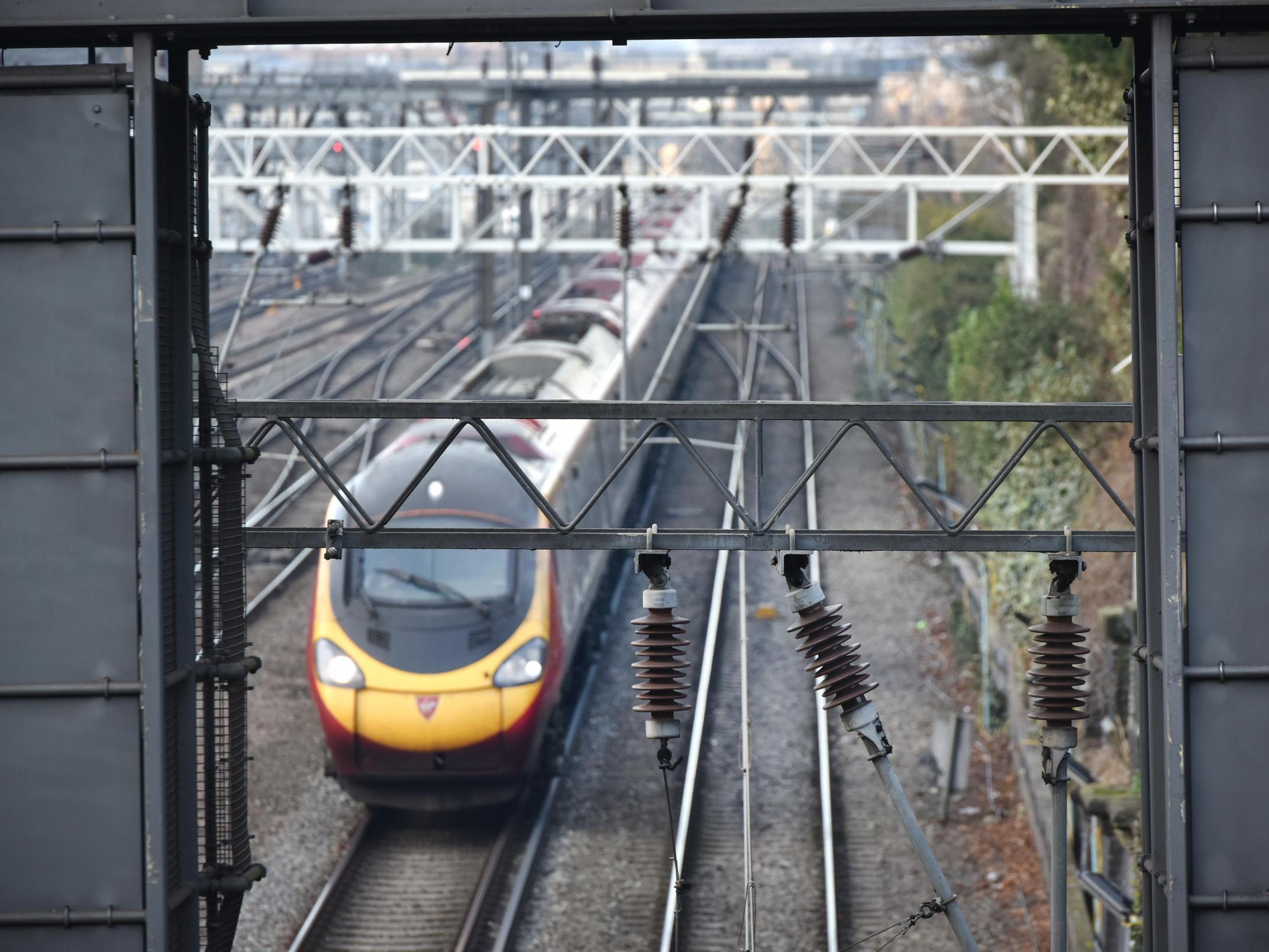Labour demands apology from CBI after its 'eye-watering' incorrect estimate on renationalising railways
Business organisation's £196bn bill wrongly included cost of buying nation's rail fleet

Your support helps us to tell the story
From reproductive rights to climate change to Big Tech, The Independent is on the ground when the story is developing. Whether it's investigating the financials of Elon Musk's pro-Trump PAC or producing our latest documentary, 'The A Word', which shines a light on the American women fighting for reproductive rights, we know how important it is to parse out the facts from the messaging.
At such a critical moment in US history, we need reporters on the ground. Your donation allows us to keep sending journalists to speak to both sides of the story.
The Independent is trusted by Americans across the entire political spectrum. And unlike many other quality news outlets, we choose not to lock Americans out of our reporting and analysis with paywalls. We believe quality journalism should be available to everyone, paid for by those who can afford it.
Your support makes all the difference.Labour is demanding an apology from the CBI after it emerged that its “eye-watering” estimate of the cost of the party’s renationalisation programme included an incorrect assumption about its plans for the rail industry.
Shadow transport secretary Andy McDonald said that the error threw into doubt the £196 billion price tag put by the CBI on the overall programme to bring the rail network, water, energy and mail back under public control.
In an email exchange, the CBI’s principal economist told the party that the figure included an estimate for the cost of buying rail rolling stock currently owned by leasing companies.
“We have assumed the rolling stock would be bought into public ownership as the trains are currently owned by the private sector and therefore full-scale nationalisation of rail would require this,” said the email. “However, we recognise that this isn’t official Labour policy on nationalising the rail industry.”
Mr McDonald told The Independent: “I live in the real world and these trains are subject to long leases. When the opportunity arises I would buy new trains on more favourable terms, but we will inherit a leasing arrangement that will be sustained for some time to come, and I have never said anything other than that.”
Mr McDonald said he was not aware of the CBI approaching his office for confirmation of Labour’s policy on the leased trains before releasing its estimate.
The organisation had not given him any estimate of the supposed cost of buying the nation's rail fleet, and he had never calculated a figure as it was not Labour policy to do so, he said.
“They should apologise and then we can move on,” said Mr McDonald. “If they want to be taken seriously as an organisation, they should do their research properly.”
The CBI said in a statement that the organisation stood by its analysis.
“Labour has a lot of questions to answer on its renationalisation proposals,” said the statement. “They have yet to set out clear plans of how exactly they would be run, but we know the scale of the upfront cost to be sky-high.
“They must also explain how such a move would not deter investment into the UK at a time when it is most needed and whether they would pay a fair market rate.
“The CBI stands behind its analysis of Labour’s plans for large-scale renationalisation. The cost of purchasing rolling stock is a fraction of the £196 billion and was included as that is what full-scale renationalisation of the rail industry would likely involve. If a Labour government chose not to purchase the rolling stock, they would still need to pay the cost of leasing them.”
Join our commenting forum
Join thought-provoking conversations, follow other Independent readers and see their replies
Comments